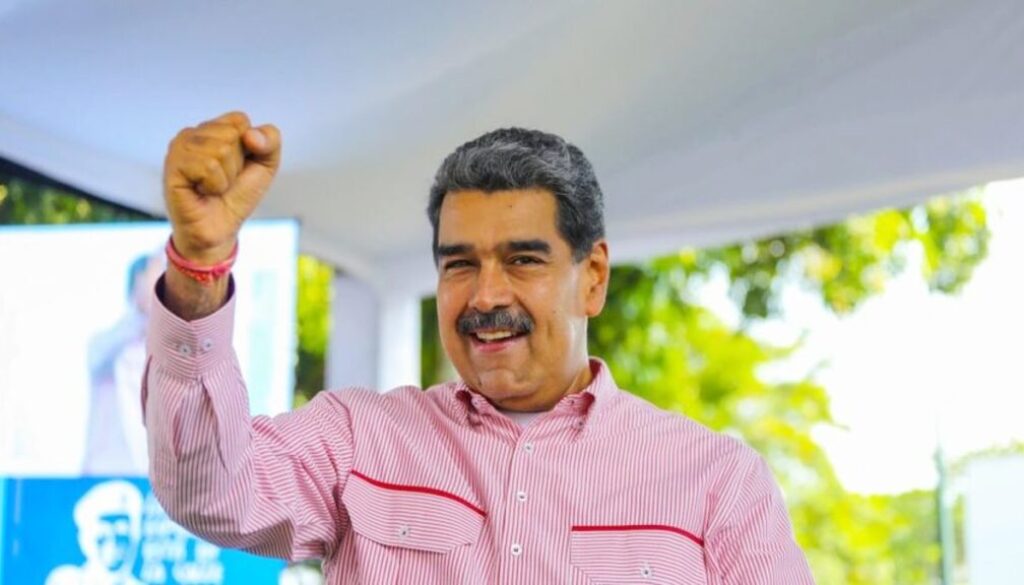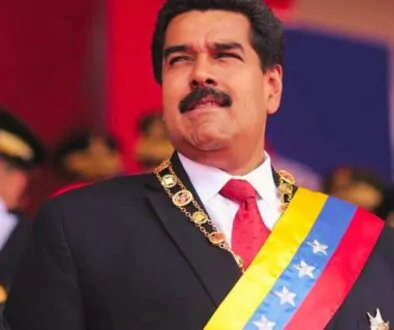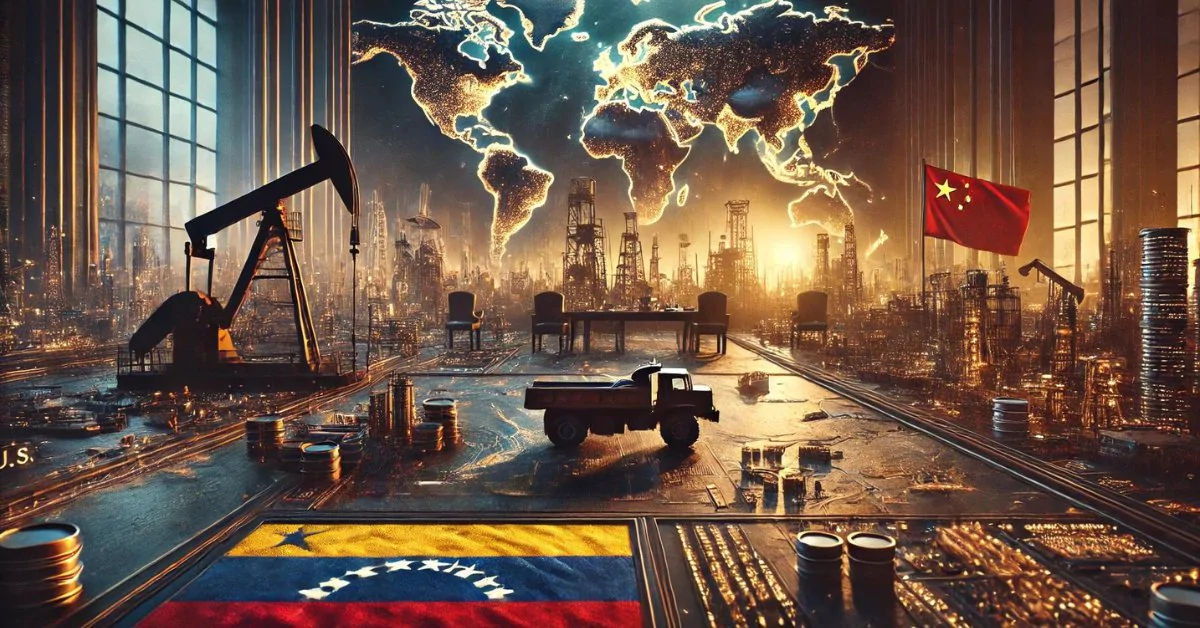Venezuela’s election crisis: Maduro’s disputed victory
English
Español (Spanish)
简体中文 (Chinese (Simplified))
हिन्दी (Hindi)
Português (Portuguese (Brazil))
Français (French)
Deutsch (German)
Venezuela’s contested election: Maduro declared winner amidst turmoil
Historic context
Venezuela has been mired in political and economic turmoil for decades. The country, endowed with vast oil reserves, experienced severe economic downturns, hyperinflation, and mass emigration.
Nicolás Maduro, who took over from Hugo Chávez in 2013, has been at the center of this crisis. His presidency has been marked by allegations of corruption, human rights abuses, and electoral fraud, leading to significant polarization within the country.
The 2024 presidential election
On July 28, 2024, Venezuela held its presidential election, which promised either continuity under Maduro or change through opposition candidate Edmundo González.
The electoral process was fraught with accusations of unfair practices. Reports of voter intimidation, manipulation of electoral rolls, and lack of transparency were widespread. Despite these challenges, millions of Venezuelans participated, hoping for a legitimate outcome.
Election results and disputes
Maduro was declared the winner on July 29, 2024, a result immediately contested by González and his supporters. The National Electoral Council (CNE), loyal to Maduro, announced his victory with 51% of the vote, compared to González’s 44%.
Opposition groups and international observers called for the release of detailed vote counts to ensure transparency. The opposition’s claims were backed by exit polls suggesting a different outcome, fueling suspicions of electoral fraud (POLITICO, Democracy Now, DW).
International reactions
The international community reacted swiftly to the disputed results. Germany, Norway, and Canada called for full transparency and the release of comprehensive voting data. The United Kingdom cited “serious irregularities” and demanded detailed vote counts.
Conversely, countries like Russia and Belarus congratulated Maduro, affirming their strategic partnerships with Venezuela. Pope Francis urged for dialogue and truth, warning against violence amidst rising tensions (Democracy Now, DW, POLITICO).
Ongoing conflicts and future prospects
Post-election, Venezuela saw a surge in protests and violence. Opposition leader María Corina Machado’s headquarters were attacked, exemplifying the volatile environment. As international pressure mounts on Maduro to validate the election results transparently, Venezuela stands at a crossroads.
The outcome of this political impasse will significantly impact the country’s future, influencing its socio-economic stability and international relations. The opposition’s call for calm reflects protest fatigue among voters, who are wary of further upheaval (DW, POLITICO).



